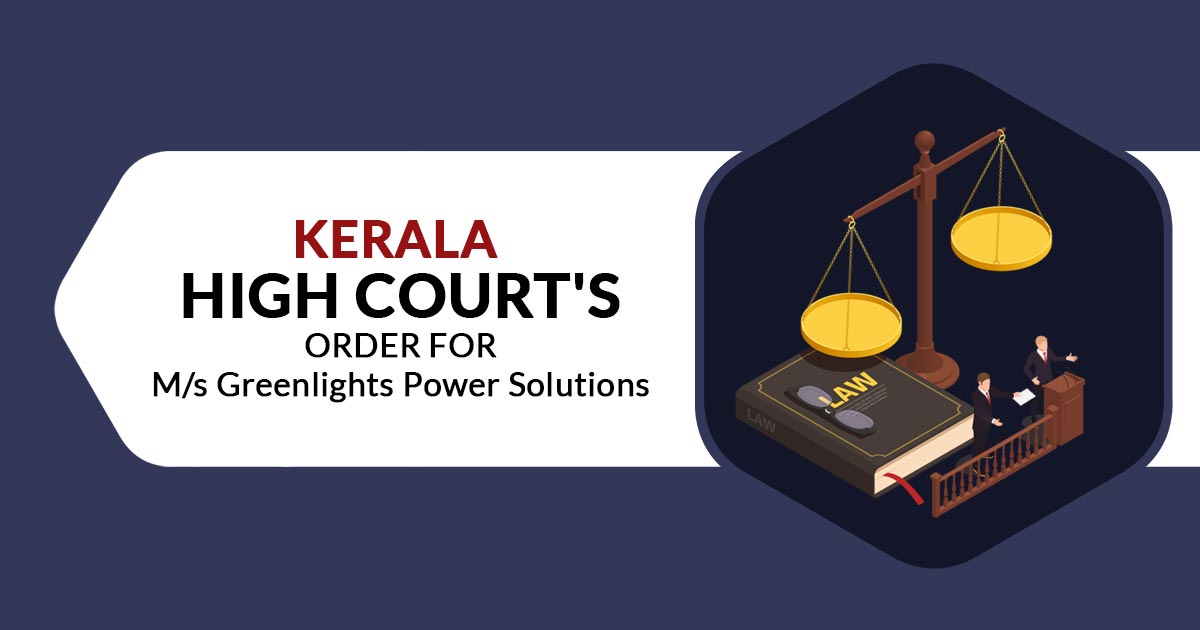
The Kerala High court ruled that the bonafide errors in the e-way bill formats will draw a small penalty beneath the GST law.
The applicant, M/s Greenlights Power Solutions, has a valid GST registration and is involved in business in electrical contract work. Concerning the work of a hospital in Assam, some goods were carried by the vehicle post of furnishing the needed tax. In the transportation from Ernakulam, the goods were caught by the department seized beneath section 129 of Central Goods and Service Tax Act, 2017 on noticing an irregularity in the e-way bill.
As per the applicant, the error occurred because of the default computer formatting system. Rather than the day-month-year (dd-mm-yyyy) formatting for the Indian system, the computer-generated bill furnished a month-day-year (mm-dd-yyyy) format. Rather than 2/03/2021, the invoice bill prescribed the date as 3.02.2021. Because of the wrong invoice, the goods were seized and the tax, as well as the penalty, was asked.
Justice Bechu Kurian Thomas sees that the discrepancy filed out is only on the date of the invoice which is displayed as 03.02.2021 while that shown in the e-way bill was 02.03.2021.
“All other details in the invoice and the e-way bill including the nature of goods transported, the details of consignor and consignee, the GSTIN of supplier and recipient, place of delivery, invoice number, value of goods, HSN code, vehicle number etc. tallied and had no discrepancy. Thus the error noticed is insignificant and not of any consequence for invoking the power conferred under section 129of the Act to impose tax and penalty, the Court said.”
“While concluding, the Court added that The situation arising in the instant case, warranted imposition of only a minor penalty as contemplated under the Circular. In view of the above, the imposition of tax and penalty upon the petitioner to the extent imposed in Ext.P6 is perverse and illegal, warranting interference under Article 226 of the Constitution of India.”